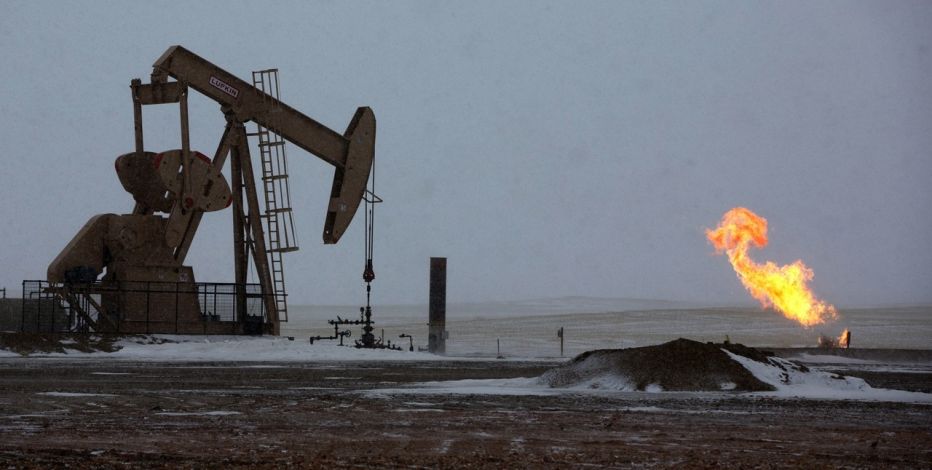“It is no secret that, contrary to prior beliefs and expectations, the EU has substantially failed to break its dependence on Russian oil and gas exports,” writes Eleonora Tafuro Ambrosetti in a recent commentary published by the Italian Institute for International Studies (ISPI). While the bloc still relies on Russia for approximately 45% of its gas needs, Russia’s ongoing war against Ukraine is forcing Brussels to make difficult choices. The EU is admittedly undermining the Russian economy through significant sanctions, but these clearly bear high costs for those who impose them as well, especially in a context where a high level of interdependence exists, such as in the EU-Russia energy relationship. As such, the EU is striving to ensure some proportionality as to not jeopardize its own economy, with potential risks to members’ internal stability. With the energy prices skyrocketing during the first days of March, due to the Russian invasion of Ukraine, skepticism emerged regarding the feasibility of achieving independence from Russia, as envisioned in the REPowerEU plan that was announced on 8 March. Additionally, fears are widespread concerning the possible dramatic shocks it could have on European consumers and industries. This begs the question of whether the EU can really do without Russian gas – at least by the 2030 timeframe.
“Yes, the EU can do without Russian gas, although it will be very difficult in the short term,” says Agata Łoskot-Strachota, Senior Fellow at the Centre for Eastern Studies (OSW). An overnight halt to imports from Russia will be painful for EU consumers and require several exceptional measures. It would be necessary to further diversify both gas sources and increase the use of alternative energy sources, including renewables; think about extending the operation time of several nuclear power plants; and accept a perspective of temporary increase in the use of coal. It would also be necessary to increase energy efficiency, reduce gas consumption in heating and make energy savings across the board. Suspension will be more difficult for those EU member states where the share of gas from Russia is particularly high, so it is essential to ensure good intra-EU coordination, cooperation and solidarity. There is a growing reluctance to feed the Kremlin and its war in Ukraine with the hundreds of millions of euros spent daily on gas imports from Russia. It thus seems that right now, when the EU is acting in an unexpectedly coherent and united way and Europeans are still outraged by Moscow’s actions, public consent to incur the additional costs associated with economic restrictions is at its peak.
On the contrary, Marco Siddi, Senior Fellow at the Finnish Institute of International Affairs (FIIA), says that “the European Union would face enormous challenges to get by without Russian gas in the next few years.” If Russian gas supplies were halted, energy prices – and the prices of many basic goods in the EU market – would further increase and the European economy would incur major costs. In the short run, in the spring/summer 2022, it would be possible for the EU to replenish its gas storage with non-Russian gas, but at a considerably higher price than in the past. The private sector is unlikely to take these costs and risk serious losses if market conditions change later in 2022. Europe does not lack infrastructure to import gas from non-Russian sources: there is plenty of spare capacity to import, especially additional liquefied natural gas (LNG). The problem is that there is not much gas on the market for the EU to buy – certainly not enough to replace imports from Russia. Most available LNG is tied by contract to buyers in Asia and the Americas. Global market conditions – high post-Covid demand and limited supply – mean that there won’t be much LNG to spare for the EU. However, if gas flows from Russia to the EU continue under existing long-term contracts – the most likely scenario – the EU will not face major shortages or emergency situations. Meanwhile, it can continue with the implementation of the Green Deal, boost renewable energy production, energy efficiency and savings, so that dependence on fossil fuel imports decreases more swiftly.




